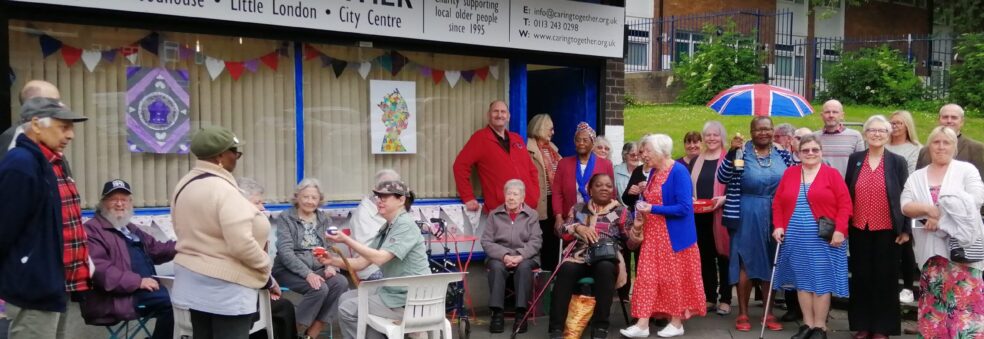It’s fortunate that we, meaning people living in Yorkshire or similar counties, if there are such things, now have only one infection to worry about. We can reasonably expect not to be felled by smallpox polio, TB, diphtheria or any of teeming diseases that once shadowed our lives.
So, along with the amazing progress of the Covid vaccines, we should all be as cheerful as Pollyanna on a good day. It’s sad that we’re not and it’s largely, I think, because we’ve accepted the notion that physical disease and mental disease cannot be separated, so that even if we don’t die of Covid or find ourselves permanently disabled by it, we can still find something to moan about.
Of course, physical and mental health are very much connected but to force them both into the same playground, under the vague and modish heading of ‘wellbeing’, doesn’t help.
Mental diseases can be alarmingly acute and life-threatening, as much as strokes or heart attacks; they can also be destructive and debilitating on a less violent level but the usual mental effects of the pandemic – the ones that people complain about on just about every radio call-in show all day and all night – are in a different class.
Anxiety over the possibility of losing your job, natural distress over the early loss of a parent, insomnia or depression are not, in most cases, medical or psychiatric problems because they don’t have professional solutions. They are, like indigestion or low-grade mouth ulcers, part of life. They lie within the is the remit of not being dead.
Dr Samuel Johnson (1709-1784) suffered crushing episodes of depression and was beset by so many verbal and physical tics that, if you didn’t know he was the wisest man in the land, you would have gone to great lengths to avoid eye-contact.
He also, I think, had the best the best advice for people who want to improve their mental state without recourse to drugs, mindfulness classes or other unnecessary expenditure: ‘If you are idle, be not solitary; if you are solitary, be not idle.’ In other words keep busy and keep talking.
Johnson would sometimes turn up uninvited at Covent Garden market after a troubled night and take his mind off things by helping early-morning fruit and veg traders to set up their stalls (they didn’t mind; he was a big, energetic man and good at arranging vegetables).
On his journey to the Western Islands of Scotland he employed a translator (the islanders didn’t generally speak English) to answer questions about, for example, where they got their food or, which started an interesting controversy, who made their shoes.
He did not use ‘talking therapies’ in the modern sense; he was not interested in examining his own ego. But he did perhaps find talking, particularly to strangers with experiences other than his own, therapeutic – the best way to stop the demons which would otherwise be tormenting him.
Which, since we’ve all served our time in solitary, is a very good reason to get back to the pub.

